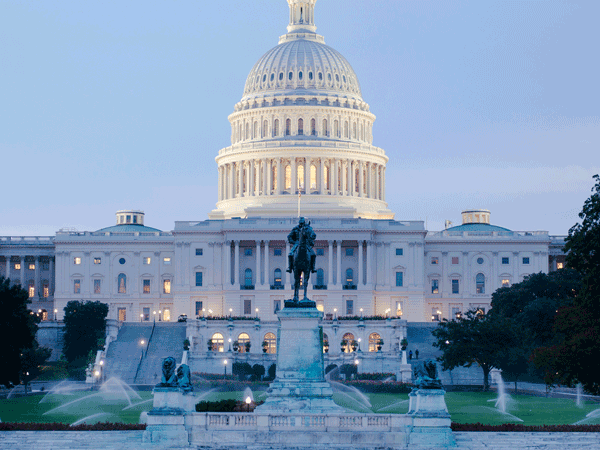New GME slots answer Academy's workforce advocacy
The slots complement a 2024 win: an $11 million investment to establish new residency programs in rural communities, including six centered on family medicine residencies.
Examining downcoding as threat to primary care
The AAFP is taking action on a growing threat to physician compensation and the viability of small and independent practices: insurers’ growing use of downcoding to reduce payment.
Next steps following unfavorable PSLF program final rule
The AAFP strongly urged the Department of Education to withdraw or overhaul the rule, warning that it would worsen the physician shortage and hinder access to care.
Search Advocacy by Topic
Stay informed on both state and federal issues. Learn how the AAFP is advancing family medicine via letters and statements on the issues facing family physicians.
Lend Your Voice
Amplify your voice to the issues most important to you as a family physician with the AAFP’s Speak Out tool, and access toolkits to help you affect change in your area.
Learn how you can join the Academy's efforts to transform the practice environment through advocacy.
Primary Care Caucus
This bipartisan caucus educates members of Congress and their staffs on critical primary care issues affecting their districts and advocates for policies that strengthen primary care.
Family Medicine PAC
Help us achieve a long-term solution in Medicare physician payment, address the administrative burdens you and your patients face daily, and back the next generation of family physicians.
Advocacy Ambassadors
This network pairs AAFP members with congressional leaders and elected officials supportive of priorities of family physicians to champion legislation and public policy.
State
Advocacy
Learn where your state stands on important, emerging issues related to primary care. Access toolkits, browse resources related to state advocacy, and connect with your state chapter.
